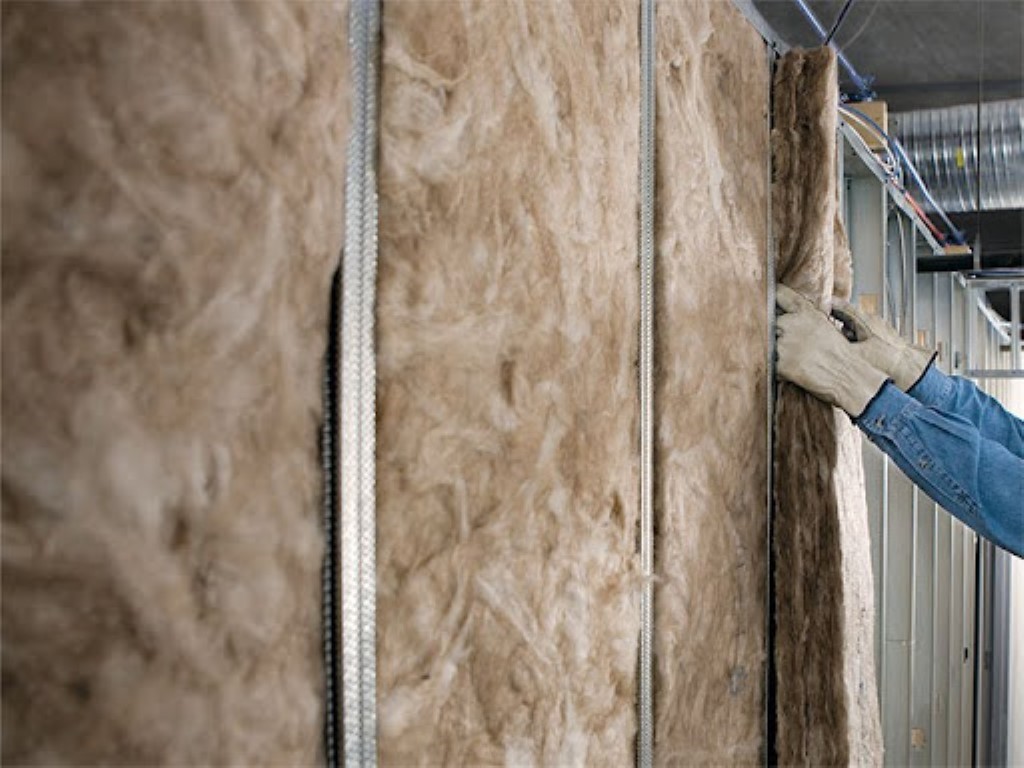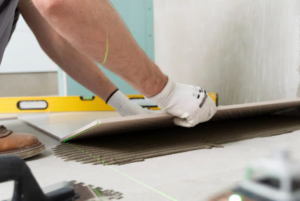The type of insulation you choose for your building matters a lot. But, there’s more to it than merely keeping occupants comfortable. Building rules have been requiring more efficient operations from commercial areas in recent years. But there might be a cost associated with this. Adding the right insulation to your commercial building is one of the cheapest and most economical ways to increase its efficiency. An appropriately insulated structure uses less energy for heating and cooling purposes, which reduces energy expenditures and creates an excellent building overall.
Selecting the ideal insulation type for your building’s needs and budget is essential to optimizing its efficiency. When evaluating different forms of insulation for your business building, there are a few things to keep in mind. Different kinds of insulation are needed for certain commercial buildings, such as offices, warehouses, medical facilities, and agricultural buildings.
Benefits of Commercial Insulations
Any building needs commercial insulation because it reduces noise, regulates temperature, and uses less energy. In the long run, investing in high-quality commercial building insulation can result in significant savings by reducing energy expenses.
Additionally, well-insulated interior areas are more comfortable since they maintain ideal temperatures independent of the outside weather. It creates a calmer, more comfortable work atmosphere by acting as an effective barrier against outside noise.
The benefits of commercial building insulation go beyond energy efficiency, depending on the kind of building and your location. Experts suggest insulation materials that not only provide a calm and cozy atmosphere but also regulate humidity and moisture, provide soundproofing, and promote a healthy atmosphere.
Every type of insulation, including mineral wool, spray foam, fiberglass, and rigid foam boards, has specific benefits that can be tailored to meet the demands of different types of businesses. To choose the best insulation for your industrial space, it is therefore essential to comprehend the characteristics of each type and their advantages.
Types of Insulation for Commercial Purposes
Let’s check the different types of commercial building insulation and their applications:
- Fiberglass Insulation
One popular type of commercial building insulation is fiberglass insulation, which is typically found in the form of blankets or batts. It’s affordable, rather simple to install, and works well in a variety of temperatures. This kind of insulation is frequently used in commercial buildings’ walls, attics, and between floors. It is composed of incredibly tiny glass fibers. It’s a great option if you want to cut down on energy use, minimize noise interference, and offer fire resistance.
- Foam Board Insulation
Foam board insulation is a lightweight, rigid material that offers good thermal resistance with minimal thickness. It is frequently utilized in commercial construction foundations, walls, and roofs. Because of its superior moisture resistance, foam board insulation is a well-liked option for areas with humid weather. Additionally, it offers a continuous insulation layer that lowers thermal bridging and improves energy efficiency.
- Rigid Board Insulation
High-density materials, such as XPS or EPS foam, make up rigid board insulation. In commercial buildings, it is frequently utilized for foundation, wall, and roofing applications. With its high insulating value per inch, this kind of insulation is a good choice for applications where space is at a premium. Rigid board insulation is a valuable investment for commercial buildings due to its extended lifespan, resistance to moisture, and superior thermal performance.
- Spray foam insulation
One of the most often used commercial building insulation is spray foam. Any spatial cavities in the structure of your building, such as those in the floors, ceilings, and walls, will be covered by this type of material. This type of insulation has the advantage of filling the spaces between structural components, which serves as both an air sealer and an insulator. It is created by mixing foaming gas propellants like carbon dioxide and nitrogen chloride with a spongy covering primarily made of polyurethane or other comparable chemical agents.
There are two varieties of this kind of insulation to be aware of. Open-cell foam and closed-cell foam.
- Closed-cell foam is sufficiently sealed to ward against moisture both inside and outside of your home; you can use it on any surface without worrying about water damage. Better energy efficiency is provided, and its R-value is higher.
- Compared to closed-cell spray foam, open-cell foam insulates less because it has a lower R-value. It is mostly for basements, not on external walls where water can seep in, as it is neither waterproof nor useful as an air barrier.
- Mineral Wool Insulation
Insulation in mineral wool is composed of recycled newspaper, which contributes to its high concentration of recycled paper and diverse mineral qualities. The paper is treated with non-hazardous chemicals to keep mold and vermin at bay, including flame retardants and pest-resistant qualities. For those battling fires and keeping pests at bay, this makes it your best option. Numerous professionals highly recommend this product as an efficient insulating material that offers numerous benefits to every household.
How to Choose the Best Insulation
Whether you are venturing into business or you want to update your old building, the best place to start with the right commercial building insulation is with evaluation through an expert. After inspecting your building, an insulation specialist can advise you on the best insulation type to use, taking into account your demands and budget. Since every building is unique, your expert might recommend a mix of installation methods to best shield your structure from outside influences like heat, cold, and moisture.
Conclusion
In any business setting, commercial insulation is essential for improving energy efficiency, maintaining temperature control, and minimizing noise. Different commercial building insulation, such as rigid board, foam board, and fiberglass, have varied uses and are appropriate for different situations. They also each have advantages of their own. To guarantee the longevity and optimum functioning of the insulation, routine inspections, and maintenance are required.
Even though doing such projects by yourself could appear appealing, hiring a professional installer can frequently ensure accuracy, code compliance, and long-term cost savings. In the end, investing in a well-insulated commercial space pays off handsomely in the form of reduced energy costs, a more comfortable workspace, and increased output.






